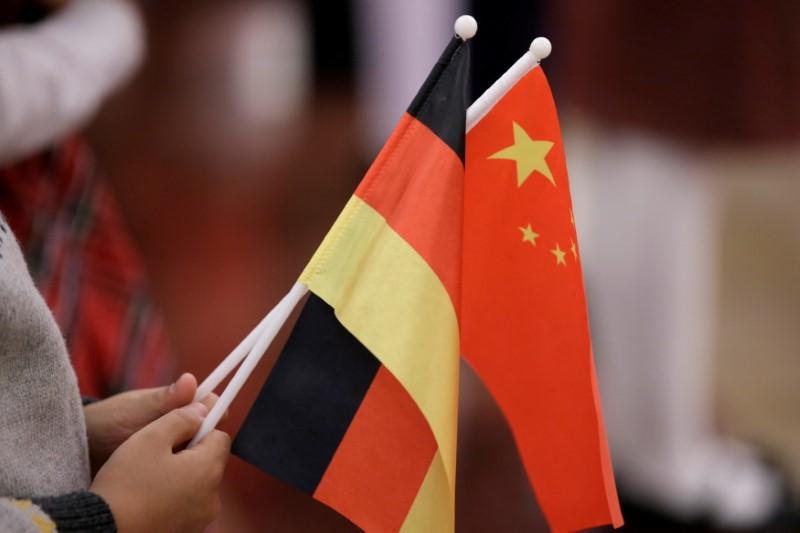BERLIN—Germany’s powerful BDI industry association criticized China on Tuesday for passing the Anti-Foreign Sanctions Laws, which it said sent a worrying signal to investors and companies abroad.
China is one of the most important export markets for German companies outside the European Union’s single market, but concerns over human rights abuses and a crackdown in Hong Kong are putting a strain on political as well as economic ties.





